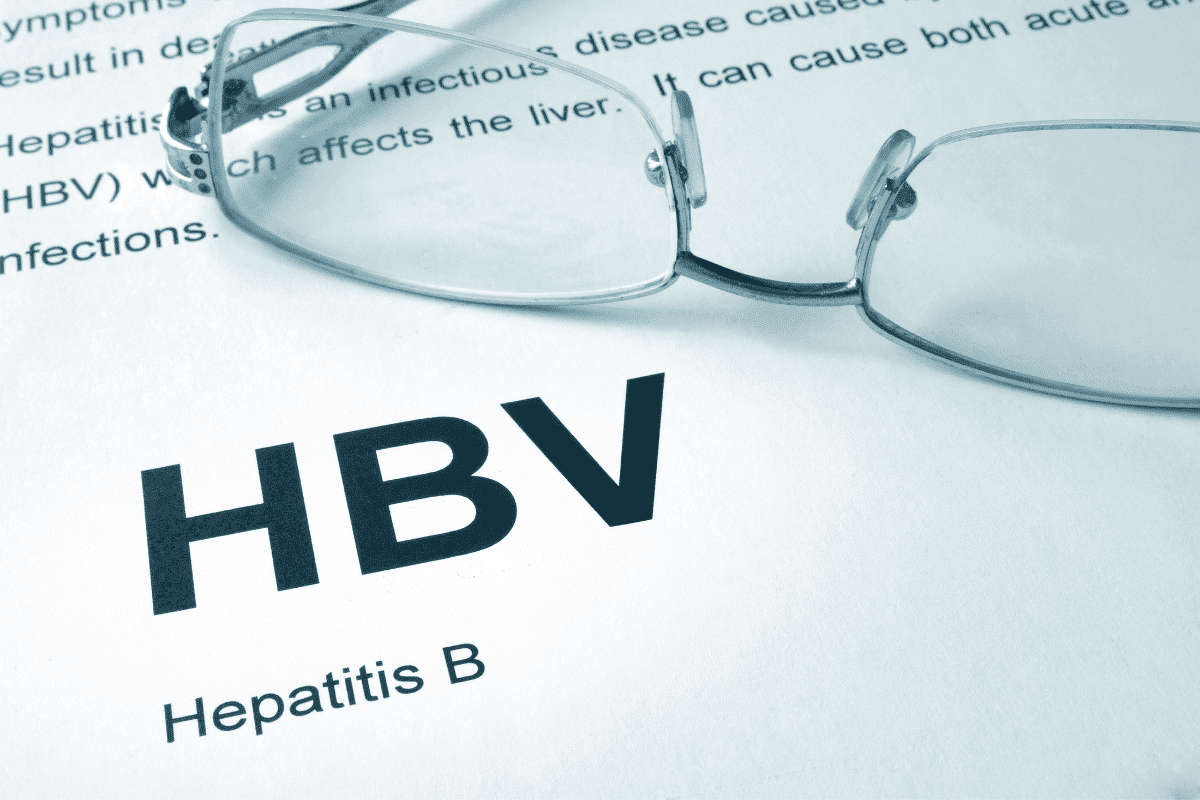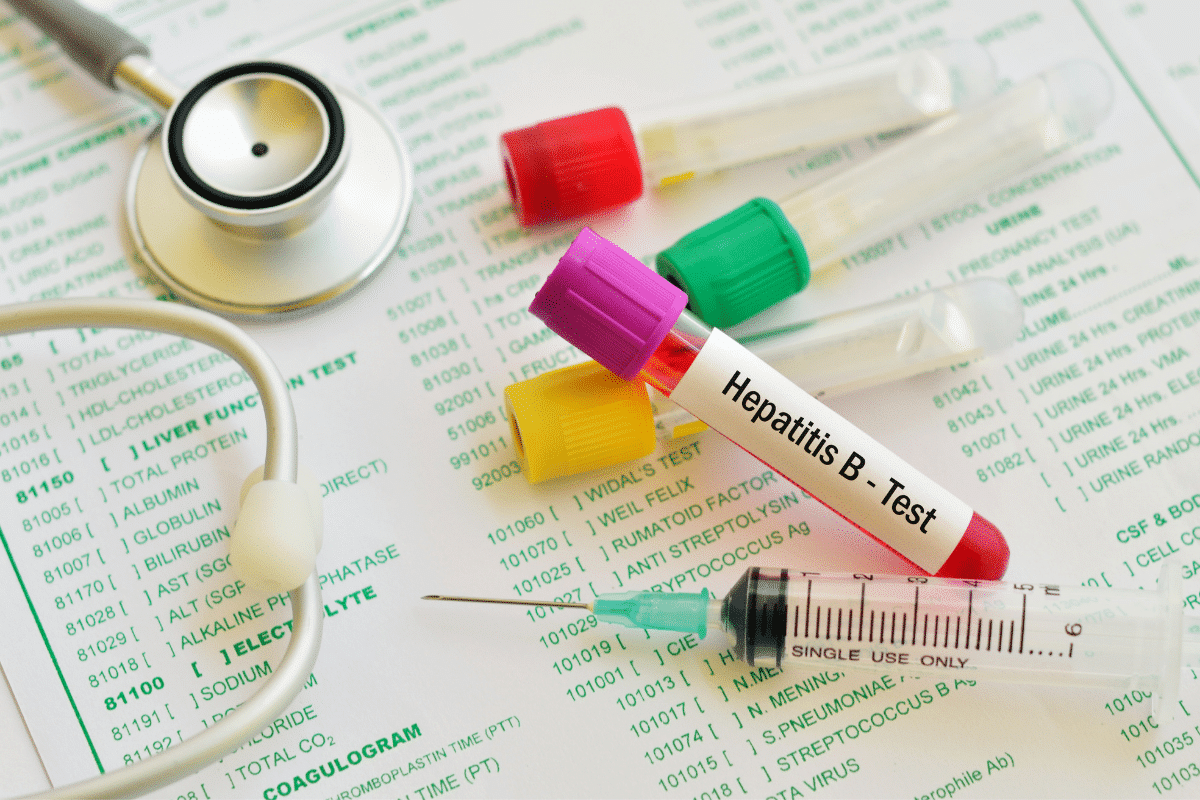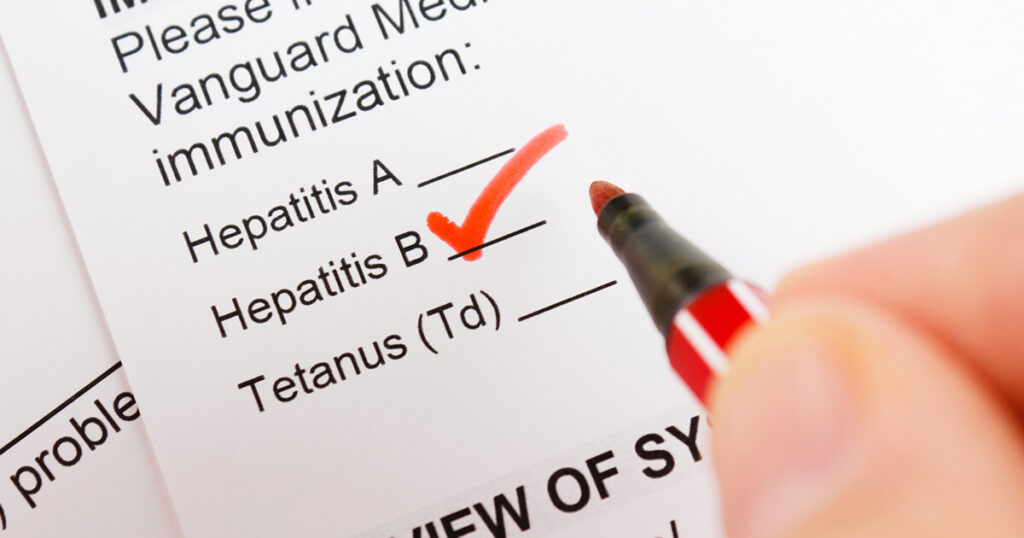One of these is Hepatitis B, a liver disease that is infectious. Healthcare providers note thatHepatitis B is 50 to 100 times more contagious than HIV. The good news is there are vaccines available to prevent Hepatitis B transmission. In this article, we will discuss this disease, its symptoms, transmissions, as well as prevention and treatment.
What is Hepatitis B?
An infectious liver disease, HepatitisB is caused by a virus that is called the HepatitisB virus (HBV). For some people, HepatitisB can be “acute”, which means that they will experience a mild to severe illness within the first six months of exposure to the virus. Some people may recover from the acute infection, which means that they will become immune (and not get HepatitisB again) and not spread the virus to others.
For other people, HepatitisB can develop into a chronic infection. In this case, HepatitisB will stay in their body and the virus can spread to other people. HepatitisB may cause further complications such as cirrhosis and liver cancer.
How does HepatitisB spread?
HepatitisB can spread from exposure to blood or bodily fluids, such as semen, that is already infected with the virus. As a sexually transmitted infection, Hepatitis B can be transmitted when one sex partner is already infected with the virus.
- Sharing needles, syringes, or other drug-related instruments when people who are not infected with HepatitisB use injection drugs with people who are already infected with the virus
- Sharing items that may be contaminated with blood of those who are infected with the virus such as toothbrushes, razors, or medical equipment
- Immediate contact with blood,open wounds or sores of a person who is already infected with Hepatitis B Blood transfusions
- Mothers who are already infected with HepatitisB can transmit the virus to their baby during childbirth. Breastfeeding, however, does not spread the virus from the mother to her child.
Holding hands with people who are infected with HepatitisB does not pose any harm for people who are not infected with the virus. Sharing eating utensils, hugging, sneezing, coughing, and kissing also do not put people who do not have HepatitisB at risk of becoming infected with the virus.
What are the symptoms of Hepatitis B?
Most people do not know when they are already infected with HepatitisB, as they will usually have no symptoms even years after exposure to the virus. In some cases, people who have HepatitisB will experience an infection that may be chronic, and last for six months or more. HepatitisB symptoms may include one or more of the following:
- Fatigue
- Body ache
- Fever
- Feeling unwell
- Appetite loss
- Diarrhea
- Stomach ache
- Jaundice
- Dark or pale urine

How do I avoid HepatitisB?
There are vaccines available for those who wish to avoid getting infected with Hepatitis B. In addition, you can avoid any contamination with the virus by following some steps including:
- Washing your hands thoroughly and regularly, especially if after any possible exposure to blood
- Always use condoms during sex, especially if you do not know the other person’s Hepatitis B status. · Avoid any contact with blood and bodily fluids that may be contaminated.· Avoid sharing sharp items (e.g. toothbrushes, razors, nail clippers, and earrings) that may be contaminated with blood for possible infection of Hepatitis B.
- Should needles be used during drug use, avoid sharing needles. Consider getting help for your drug use in order to avoid this altogether.
- Ensure that sterilized needles are used when getting piercings, tattoos, or acupuncture
- Use bleach to clean up blood spills
Are there vaccines to prevent Hepatitis B?
Yes, there are. In fact, there are two types of vaccines that are currently available as tools for the prevention of HepatitisB. The first is the Hepatitis B vaccine, which can protect you and loved ones from the Hepatitis B virus. There is also a combination vaccine that can provide protection from both HepatitisB and Hepatitis A.
If I take PrEP for HIV prevention, will it also protect against Hepatitis B?
According to research, PrEP can protect you from HepatitisB infection so long as tests have confirmed that you have no pre-existing liver conditions. That being said, taking extra precautions such as using condoms and getting vaccinations remain the most recommended prevention tool for Hepatitis B.

How do I know if I have HepatitisB?
While there are symptoms that HepatitisB can develop, they will often visibly appear in later stages of the disease. The only way to determine your Hepatitis B status is by taking a blood test.
Can Hepatitis B be cured?
Treatments for people infected with HepatitisB depend on the severity of their condition. Please consult with your doctor to determine whether you should be offered treatments.
Generally speaking, if your doctor has assessed that your immune system is too weak to handle the virus and your liver has been damaged by the virus, then they will offer you alternative treatments.
Unfortunately, while there are many ways to prevent the contraction of HepatitisB, there is no cure once it has entered the body.
There are, however, treatments to keep the virus under control that prevent damage of the liver. That being said, this type of treatment does not necessarily cure HepatitisB and ongoing treatment will be necessary.

